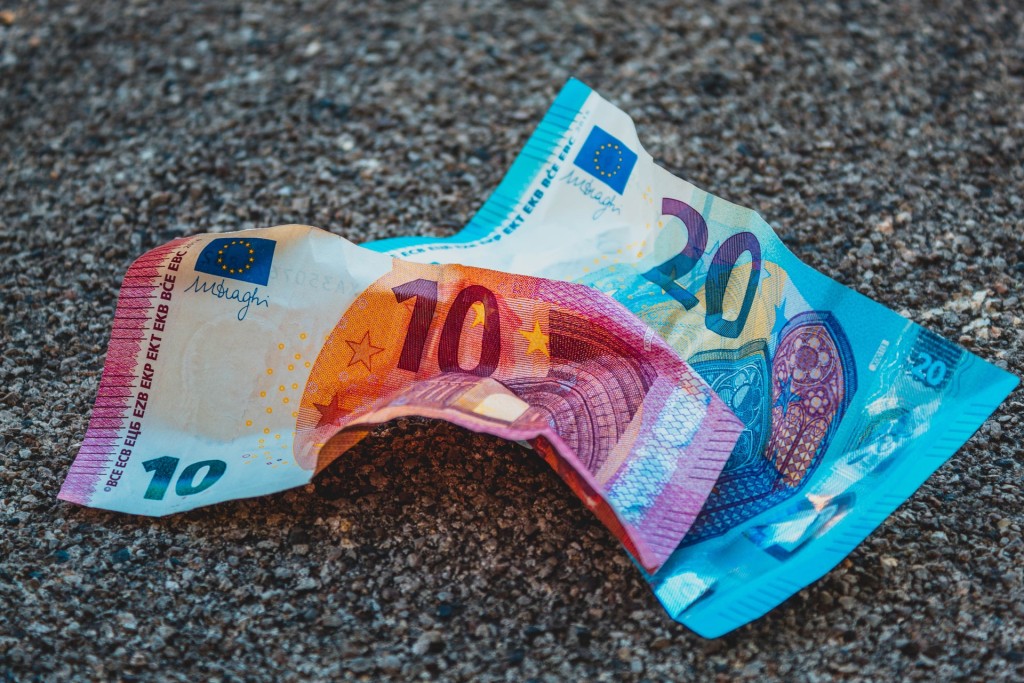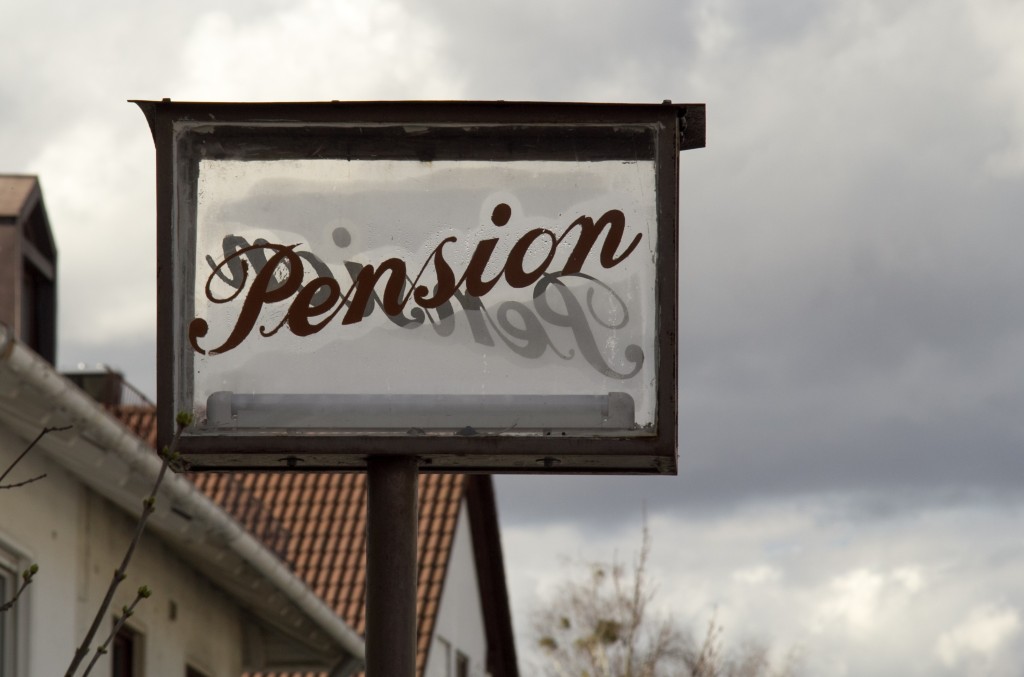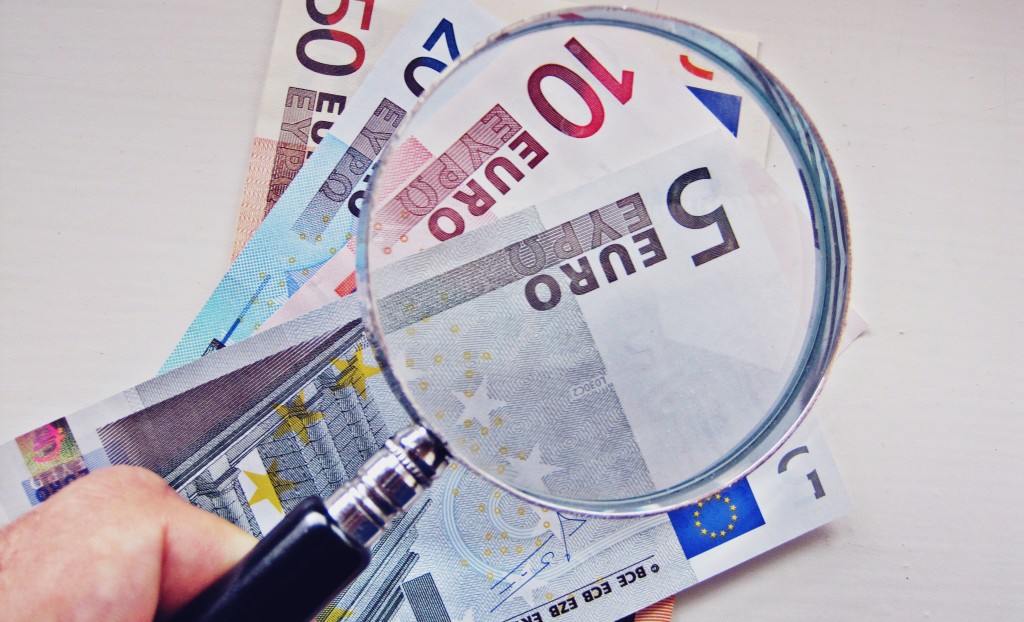
What Is Happening with Money and Prices?
The 20th anniversary of the euro was marked by an increase in price inflation. In the euro area, annual consumer price inflation reached 5% in December 2021. Lithuania recorded the highest rate of 11%.









